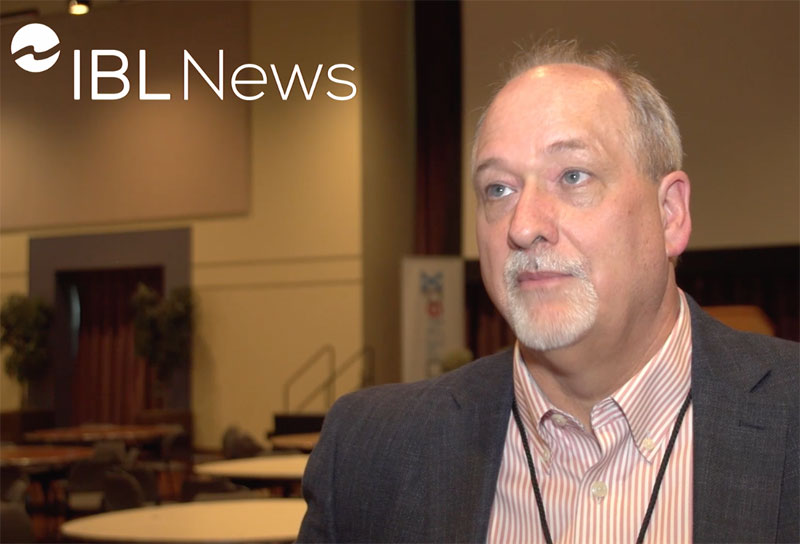Mikel Amigot, Zoe Mackay | IBL News
Dr. Charles Severance, Clinical Professor at the University of Michigan School of Information and world’s #1 Python teacher, spoke with IBL News about OPMs and UMs upcoming online MOOC-based degrees.
Online program management (OPM) companies are on the rise, but in Severance’s view, there are good OPMs and bad OPMs. “The best way to describe the difference between [them] is that good OPMs take less of your money than the bad OPMs. The bad OPMs like to take more than 50% of the revenue.”
edX and Coursera are good OPMs, says Severance, “in that they bring a lot to the table, the market, they do things globally that no school will ever be able to do. The University of Michigan could never have the global reach, no matter how many people we hired, that we get by being part of edX and Coursera.”
This he sees as a value, where edX and Coursera have changed the world positively, which is worth investing in further.
As one of the most successful MOOC universities today, the University of Michigan is starting MOOC-based degrees with their own unique approach. The Online Masters in Applied Data Science will launch in the fall of 2019. It encompasses 36 credits, where every class is 1 credit and 4 weeks long. “We are envisioning [full online degrees] very differently,” he says, “it is it’s own disruptive idea.”
“The idea of an online MOOC-style degree fills a gap. Individual MOOCs are wonderful, specializations and micromasters are wonderful, but online full degrees are a completely different thing. And the key difference is the pace.”
“With actual online degrees, with online support, we can move you through material that after a year or two years, you are truly transformed and you truly know a lot of things you didn’t know before.”
The Future of UMs Online Degrees and How to Innovate
The Online Masters in Applied Data Science, coming in the fall of 2019, will be offered for the price of in-state tuition, regardless of where students live. Severance and his team would eventually like to lower that cost.
“That’s one of the things I like about Georgia Tech, they actually reduced the cost to reflect some of the reduce costs to produce.”
The University of Michigan School of Information aims to expand rapidly but start small, says Severance, “I think it could easily get to 600 students per year,” from their current 100-150.
“I’m seeing a pattern between how we’re doing this and how the open university does their teaching at scale and that is that they have a faculty that creates the content and then they have a smaller ratio of mentor faculty that stay close to the student and that scales up pretty well.”
Severance’s hope is that the teaching assistants will scale up nicely, with a ratio of 50-100 to 1, and the faculty with a ratio of 100-200 to 1. While the Online Masters in Applied Data Science is breaking the traditional mold of online degrees, he finds that MOOC platform vendors have not shown they listen when universities ask for new features.
“If you want to do something bold, you have to find an integration point like learning tools interoperability or xblocks and plug in what you’re going to do. It is folly to hope that OPM providers will change their platform to meet your needs.”
Watch the second part of the interview with Dr. Chuck Severance in the two videos below (the first part of the interview is here).
Part III
Part IV

 En Español
En Español




















